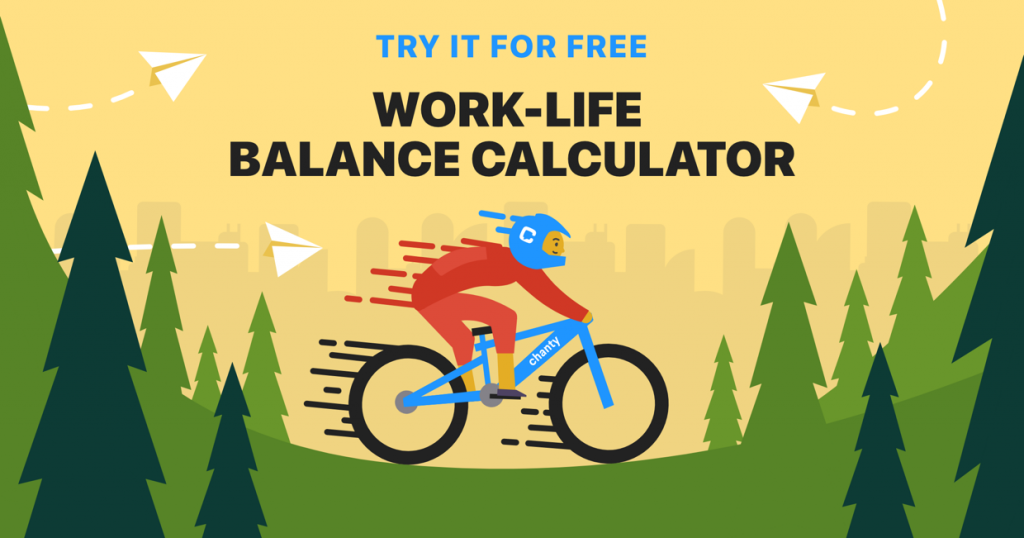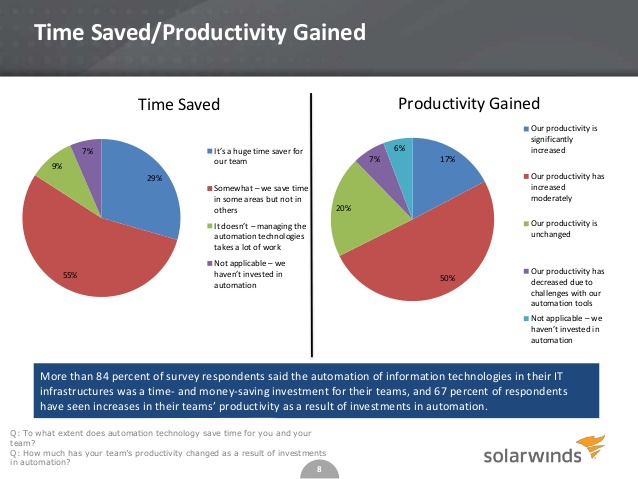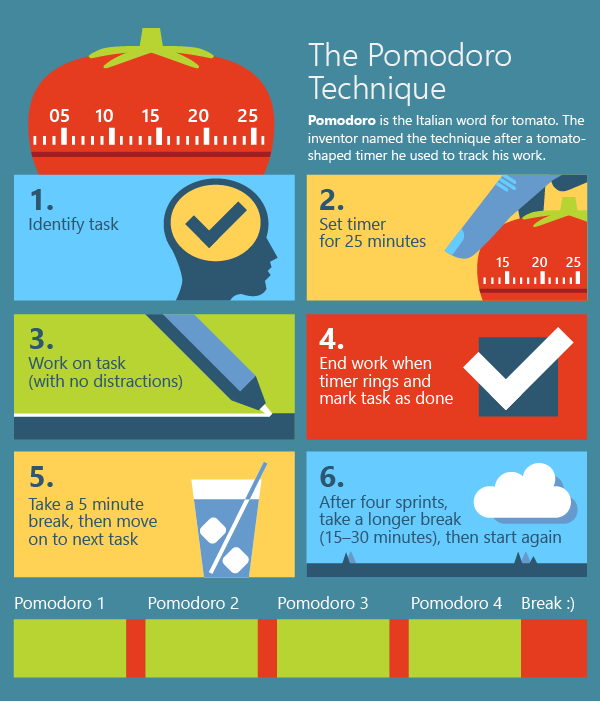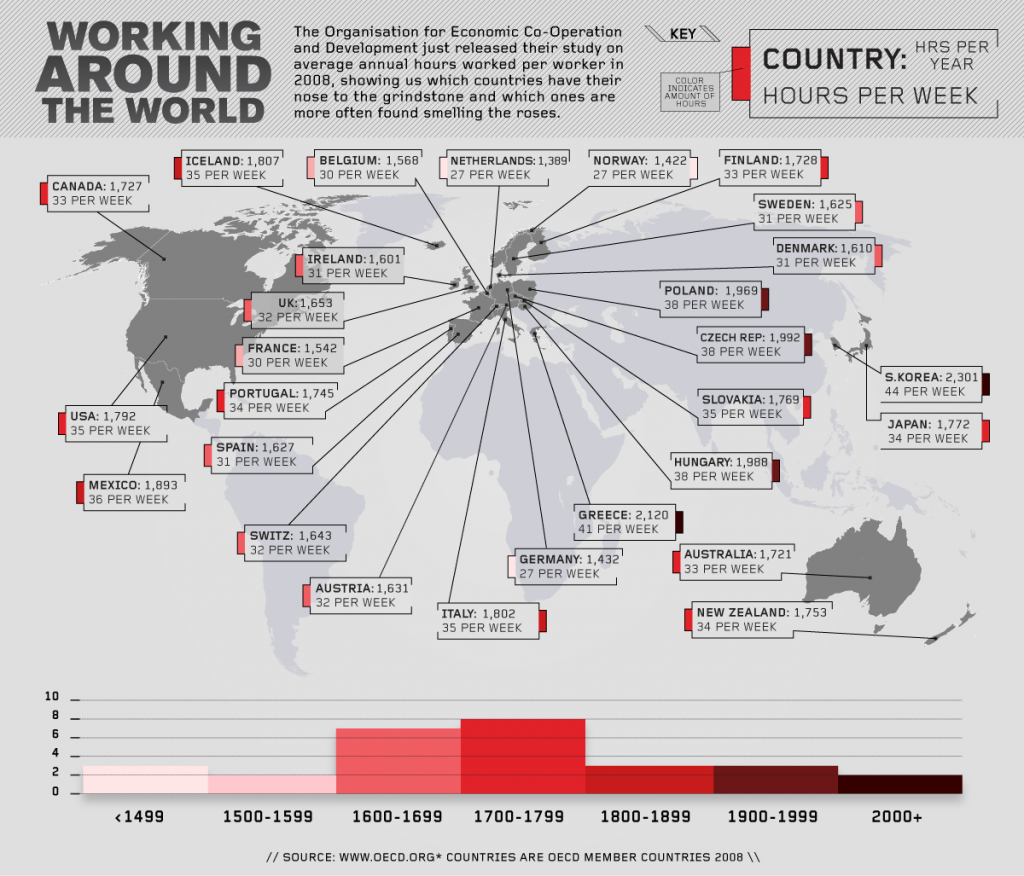Busy is the new cool. Somewhere along the line, it became a badge of honor to have as many responsibilities as possible. Stories of CEOs waking up at 4 am, working 80-hour weeks, and glorifying their struggle to succeed are everywhere. But for many, this culture can lead to burnout and unhappiness.
The pressure to take on too much responsibility at work has never been greater. Employees across industries often face the overwhelming task of juggling multiple roles and trying to keep everything running smoothly. When the weight of ‘too many responsibilities’ becomes too much to bear, the effects can spill over into both personal and professional life, resulting in stress, anxiety, and reduced productivity.
The burden of too many responsibilities can lead to sleepless nights, high levels of stress, and general unhappiness. If you feel overwhelmed by your workload and find yourself constantly rushing from one task to the next, you’re not alone. It’s not uncommon for employees to feel like they have to do it all. Fortunately, there are practical ways to manage your workload and regain control of your time. If you’re ready to refocus and cut back on unnecessary work, here are some strategies to help you find balance and enjoy more of your life outside of work.
Make a list of priorities
If you feel overwhelmed, sometimes it’s not that you have too many tasks. It’s more a case of spending too much time on the wrong things. I’m sure you’ve found yourself spending half your day answering emails, only to have no time left for business development tasks as the end of the working day approaches. It’s a common problem when you take on too much responsibility without clear boundaries, leading to overwhelm and burnout.
To get around this, make a list of your tasks and sort them by priority — things that must be done, medium priority and optional. Try using a prioritisation matrix to rate each task based on urgency and importance. This will help you see clearly what needs your immediate attention and what can be put aside. Once you’ve got everything down on paper, you’ll probably find that the least important tasks are taking up most of your time. This is when you need to refocus and let go of the unimportant in favour of the important. You may also find that by refusing to take on certain burdens, such as minor administrative tasks, you can increase your productivity on core objectives.
PS. You can sort your priority lists in your project management tool of choice, such as Trello.

Automate as much as you can
One of the wonders of modern technology is that many tasks can be automated, so you don’t waste time on them yourself. Something as simple as going to Google Calendar and making an entry for a meeting can take just a few minutes, but it can be turned into seconds with a tool such as Calendly. Imagine how much of your time can be saved every year by automating tedious tasks such as this one.

slideshare.net
For example, for one of the Facebook pages I run, I simply sit down and create all of my posts at once and then schedule them for the weeks ahead. You can do even more by using tools such as MeetEdgar to schedule posts on several social media platforms at once.
Finally, there are excellent tools such as IFTT and Zapier. If you’ve ever wanted to automate something, there’s a big chance one of these can make it happen. For example, you can set up Zapier so that your new subscribers are added to a specific mailing list, then added to a pre-determined Google sheet and then a new Trello card created with the subscribers’ email and name. With a little bit of tinkering, you can automate anything you can think of.
Delegate tasks to others
Sometimes, the best cure for having too many responsibilities is to take something off your plate and put it on someone else’s. While it can be incredibly difficult to let go of a task that you feel is important, the amount of free time you can gain from delegation can be quite impressive.
Founders and CEOs often have an issue with delegation because they get stuck in an infinite loop. First, they think they’re the only ones who can take care of a task and no one else can handle it. Second, even if they did find someone to delegate it to, the amount of time spent teaching this task would be too much for it to make sense.
In fact, delegation can free up significant portions of your time. You can simply offload some of your responsibilities to your colleagues if they have the time. Alternatively, you can outsource the task to someone, such as an intern or a fresh college graduate.
Using an outsourcing calculator can even help you determine the financial benefits of delegating certain tasks.
One thing that’s become quite popular lately is hiring virtual assistants. These workers can help you out with more repetitive, administrative tasks such as responding to emails, booking meetings, entering data, and much more. If it can be taught, a virtual assistant can do it for you.
Let your boss delegate and prioritize
You’ve probably been there. Your boss comes up and assigns the daily/weekly/quarterly tasks and you happily oblige to take on another task in your already busy schedule. You know you probably can’t handle it and that something will have to suffer, either in poor quality of work or missed deadlines. However, you decide to go ahead and take it on.
Instead of taking on another task you probably can’t handle, ask your boss/manager to decide on the priority. If they want this task done, something has to be dropped or moved to the bottom of the priority list. By engaging in this discussion, you can clarify your current workload and ensure that all tasks are addressed in the most efficient order. This proactive approach will help your manager understand the scope of your responsibilities and ensure that you’re not overwhelmed with too many responsibilities at work.
You’ll be able to protect yourself if you can’t do it all, and you’ll know what the most important task is at any given time. However, for this approach to work, you need to be aware of your current tasks and have a clear idea of how much time they usually take. You could even suggest to your manager that they consider adjusting deadlines or shifting some tasks to others who have the bandwidth. This will allow for better team collaboration and ensure that high-priority projects are handled effectively.
If you find yourself consistently taking on too much responsibility, it’s important to have an open dialogue with your manager. Politely expressing that you’re feeling the weight of multiple tasks can help your manager understand your workload better. It’s about finding a balance that allows you to perform well without the stress of an unmanageable workload. Turning down extra tasks when necessary isn’t about avoiding work; it’s about ensuring that what you do take on is done well and within a realistic time frame.
Slow down and take a breather
Even the best of us need some downtime to relax and unwind. When you’re at work and things don’t seem to be going too well, you may be tempted to push harder to get the job done, when in fact, you just need to take some rest and refresh yourself before moving forward.
Taking on too much responsibility can lead to burnout if you don’t allow yourself to take proper breaks. It’s important to recognize that a quick mental reset can boost your performance and morale.
After a while, you may seem busy, but you’ll stop being productive because you’ll lose your focus. Trying to juggle too many responsibilities at the same time can cloud your judgment and impair your decision-making, so the quality of your work will suffer. If you find yourself skipping lunch or staying late just to catch up, it’s time to rethink your approach to work. Learning to say no when necessary isn’t a sign of weakness; it’s an act of self-preservation and focus.

microsoft.com
You can take breaks every hour or so, at least 5 minutes in length. You’ll find out that by forcing yourself to take regular breaks, you’ll actually become more productive and feel better to avoid tension headaches. If you really want to control your schedule, you can try out the Pomodoro technique. It implies that for every 25 minutes of focused work, you get to take a 5-minute break. There are many Pomodoro timers out there you can try out, such as Toggl or PomoDone.
Instead of staying late to complete tasks, focus on optimizing your workflow during working hours by incorporating structured breaks. You’ll find that managing your energy is just as important as managing your tasks. By refusing to overwork yourself, you can actually get more done during regular working hours, leading to a healthier and more productive approach to work.
Don’t do overtime
If you can’t squeeze all your obligations into an 8-hour workday, you’ll probably end up working overtime. You’ll probably see it as being diligent and dedicated to your work. In reality, your manager will probably think that the reason you’re staying after hours is that you can’t manage your time. To better manage your workday you can use the screen time calculator.
The health effects of working long hours are particularly worrying. Sleep deprivation, stress, and exhaustion can lead to cognitive impairments such as poor concentration and slower decision-making. These problems can make your work less efficient, leading to even more overtime. Research from the World Health Organization (WHO) shows that long working hours are linked to heart disease and stroke, adding a serious health risk to the equation.

Even a 40-hour work week is too much. We’re wired to think that 40 hours weekly and 8 hours per day is how much we should work, but this tradition is almost 200 years old. Thanks to different lifestyles, the automation of work processes, and the fact that more women are in the workforce than when this rule was created, the situation should be very different. In reality, our work weeks should be at least a couple of hours shorter, similar to what Sweden has been trying out with the six-hour workday.
Some forward-thinking companies have already started moving away from overtime culture. They are adopting policies that prioritize work-life balance and encourage employees to avoid staying late at the office. In places like New Zealand, companies are testing out a four-day workweek to improve both productivity and well-being, and early results have been promising.
Conclusion
Although being busy is good, it should not be praised and worn as a badge of honor. You’ll be more productive and happier by cutting down on your responsibilities, and your employers will be more satisfied with your performance. Remember – work smarter, not harder.
Taking on too many responsibilities at work can lead to burnout, reduced productivity, and stress. It’s important to recognize when you’re overwhelmed and to say no when necessary to avoid taking on too much. Learn to prioritize, delegate, and say no to unnecessary burdens to protect your well-being and quality of work.
Delegating tasks to others, whether colleagues or external help, can significantly reduce your workload and improve efficiency. Successful leaders often cite delegation as a key to their success. Also, don’t underestimate the power of breaks – regular rest is essential for maintaining focus and avoiding burnout.
So the next time you’re feeling overwhelmed, reassess your tasks, prioritize and take control of your workload. By working smarter, not harder, you can achieve more without sacrificing your health or happiness.










Add comment